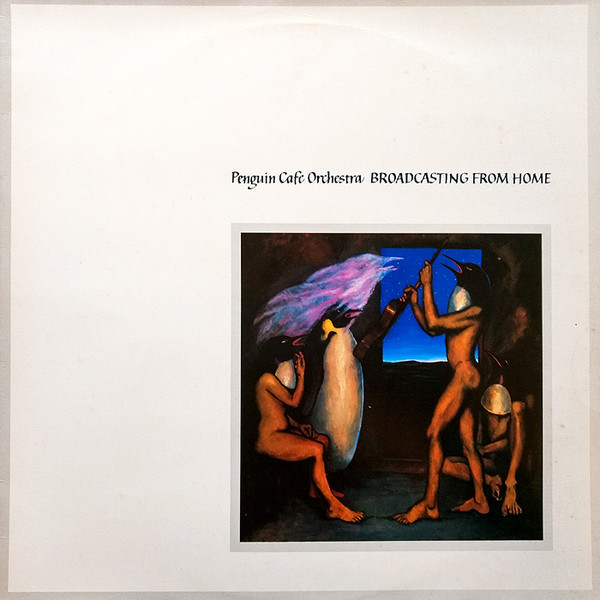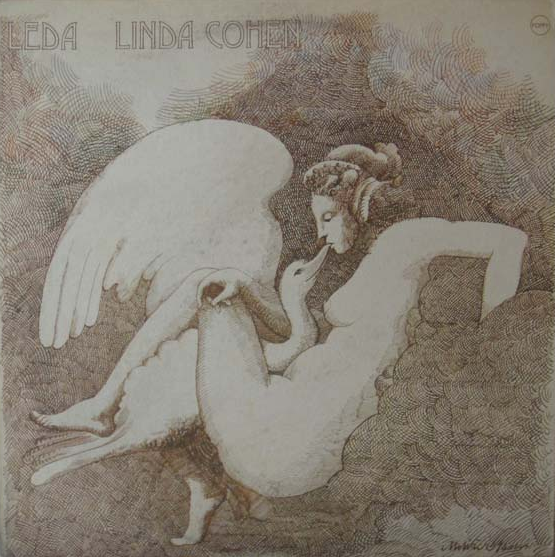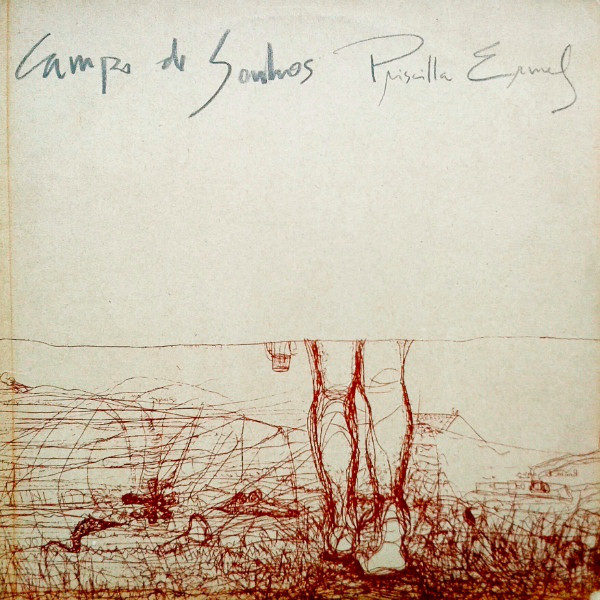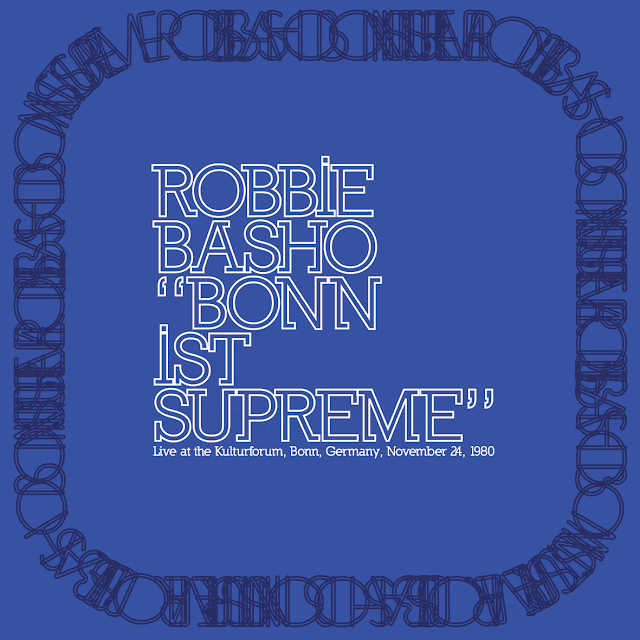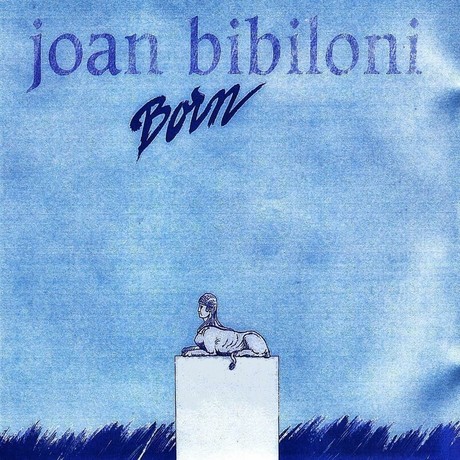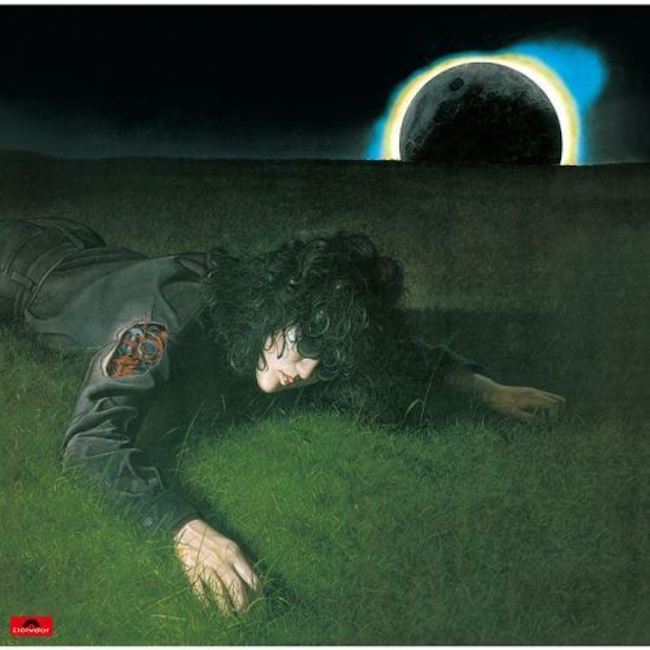
Gossamer folk ballads and cinematic string arrangements from musician, singer, and songwriter Doji Morita (stage name). Born in Tokyo, Morita-san began her musical career after the death of a friend, and made seven records in the span of her eight year long musical career. An intensely private person, Morita-san chose not to perform often or in large venues, and though she was signed to major labels, she avoided exposure and increased commercialization wherever possible. She wore a wig and sunglasses in most photos and live appearances, and eventually stepped away from music completely to focus on her domestic life. Sadly, she passed away a few months ago at the age of 65.
The records of hers that I’ve spent time with, such as the also excellent スカイ = きみは悲しみの青い空をひとりで飛べるか (Mother Sky), are all colored by her intense melancholy and nostalgia, and A Boy ボーイ is no exception. Spanish guitar, swelling and cinematic string arrangements, and hushed, forlorn vocals. I imagine that in addition to her folk contemporaries, Morita-san was heavily inspired by Brazilian, Portuguese, and even Cape Verdean musical traditions, with a lot of her instrumentation, vocal lines, and vocal inflections strongly suggesting morno (though she also nods to American folk and country in “君と淋しい風になる,” before submerging us in another particularly dramatic bath of strings). I suspect she was an Ennio Morricone fan as well.
Interestingly, at several points throughout the record songs cut off abruptly and are followed by snippets of what I assume are field recordings–the flapping of a bird’s wings, or rushing water. It’s a motif that appears on her other records, too, and I’d imagine it’s a textural nod to her interest in baroque folk and pastorality. This is a high drama and high reward record, and feels peak autumnal to me, so I hope you enjoy it.
